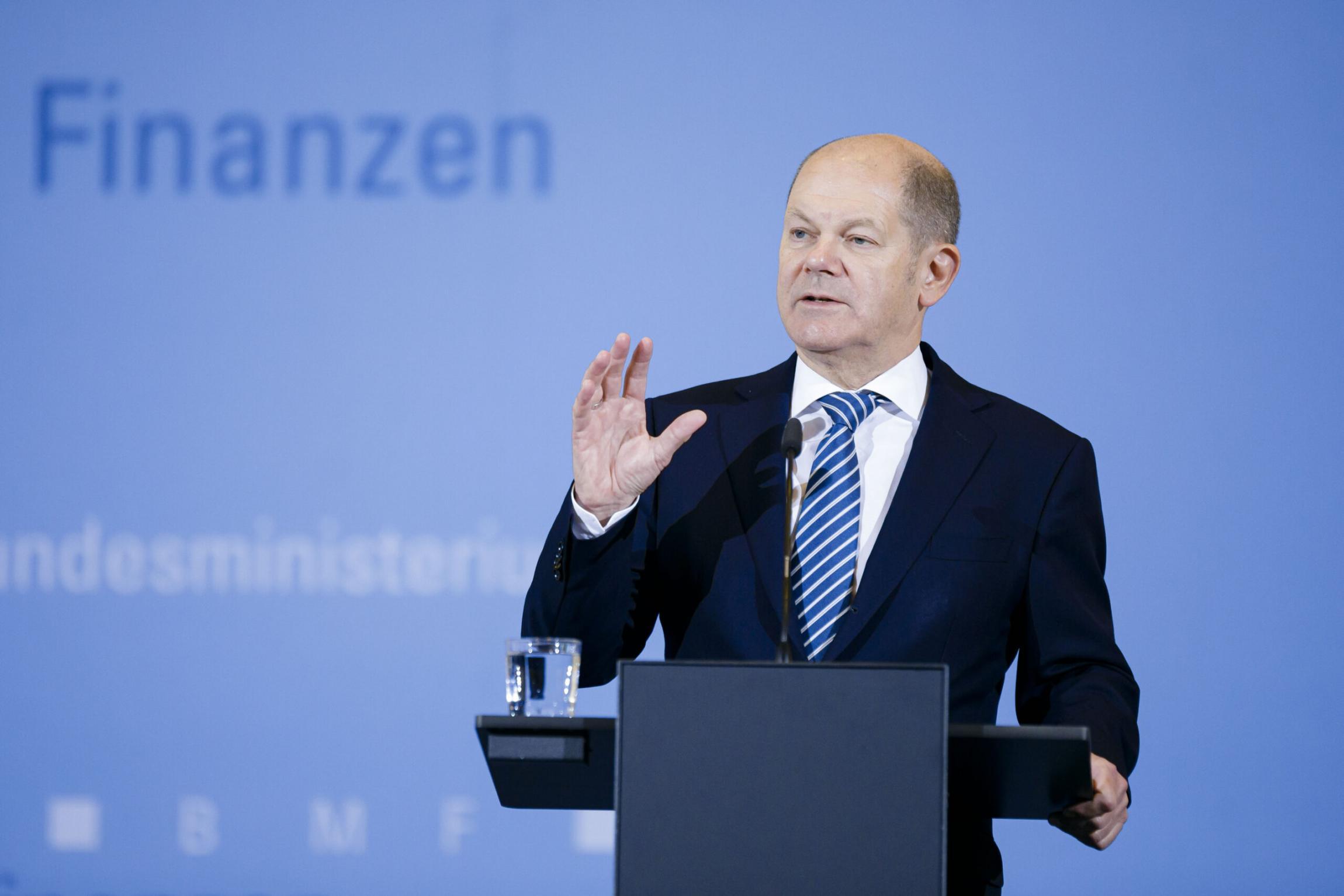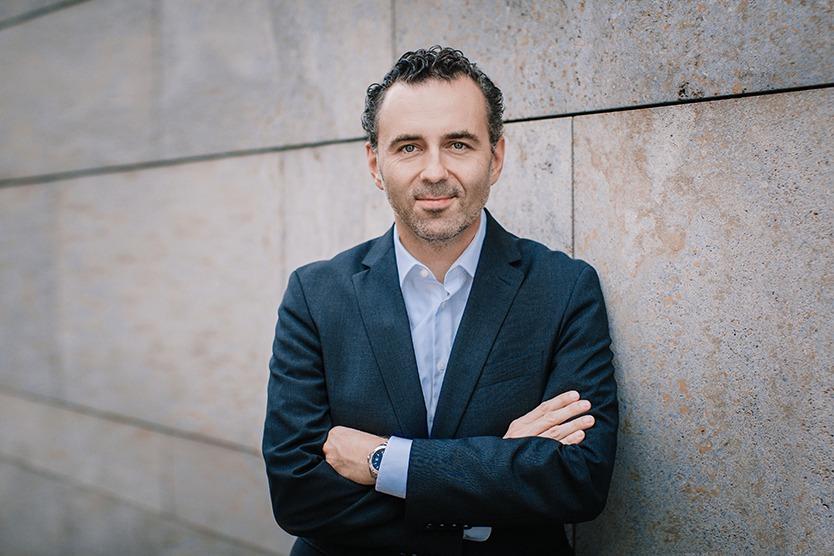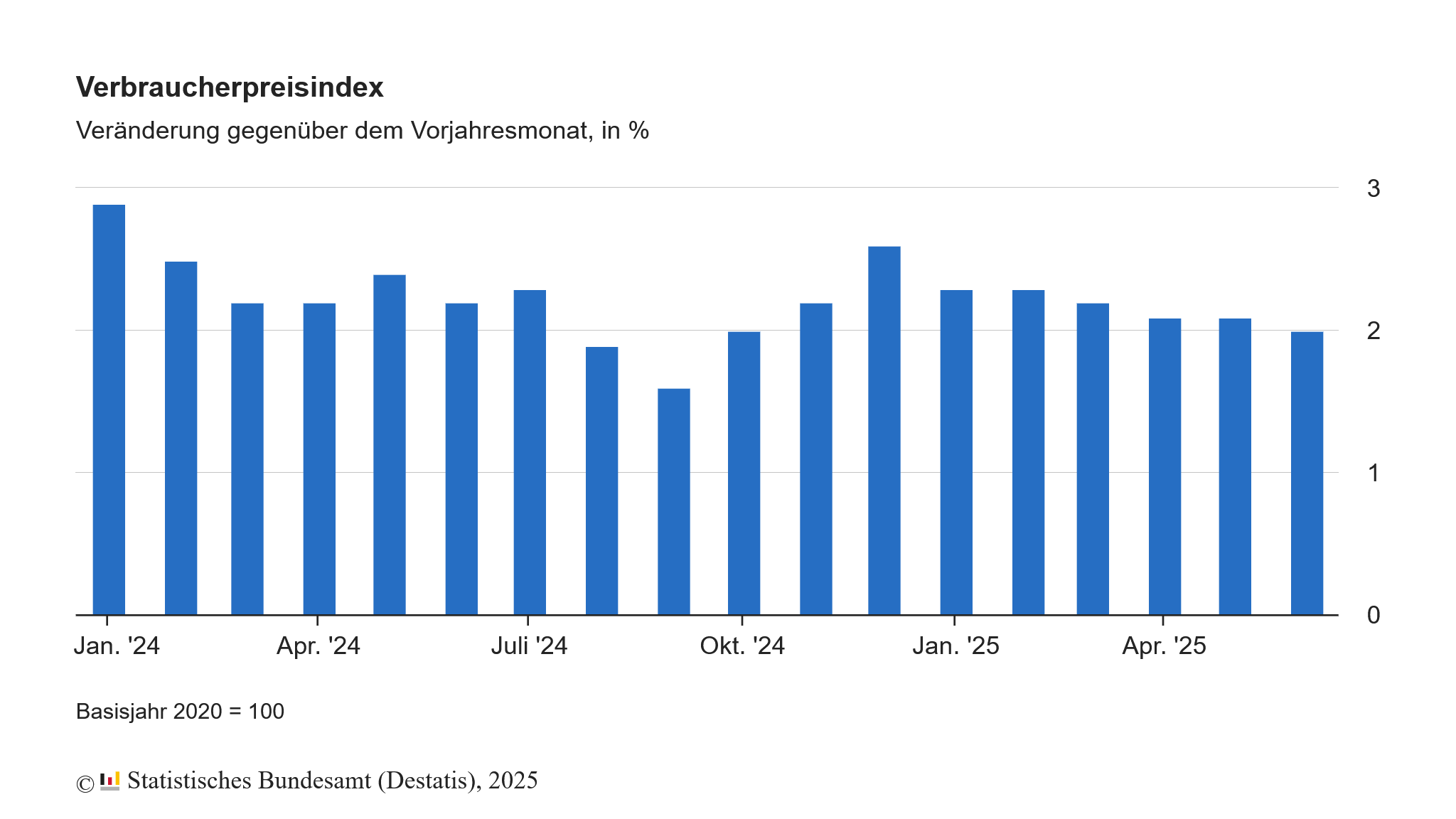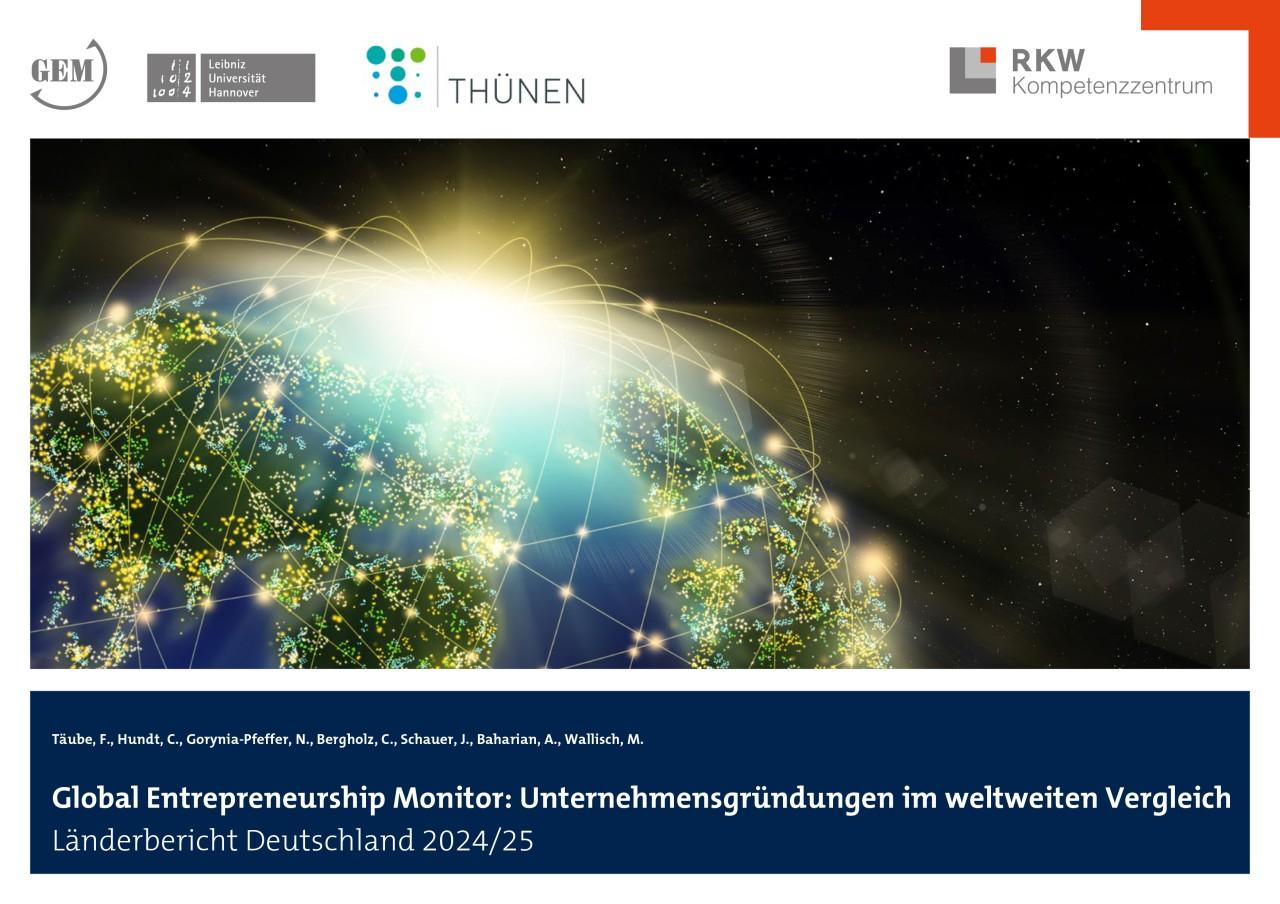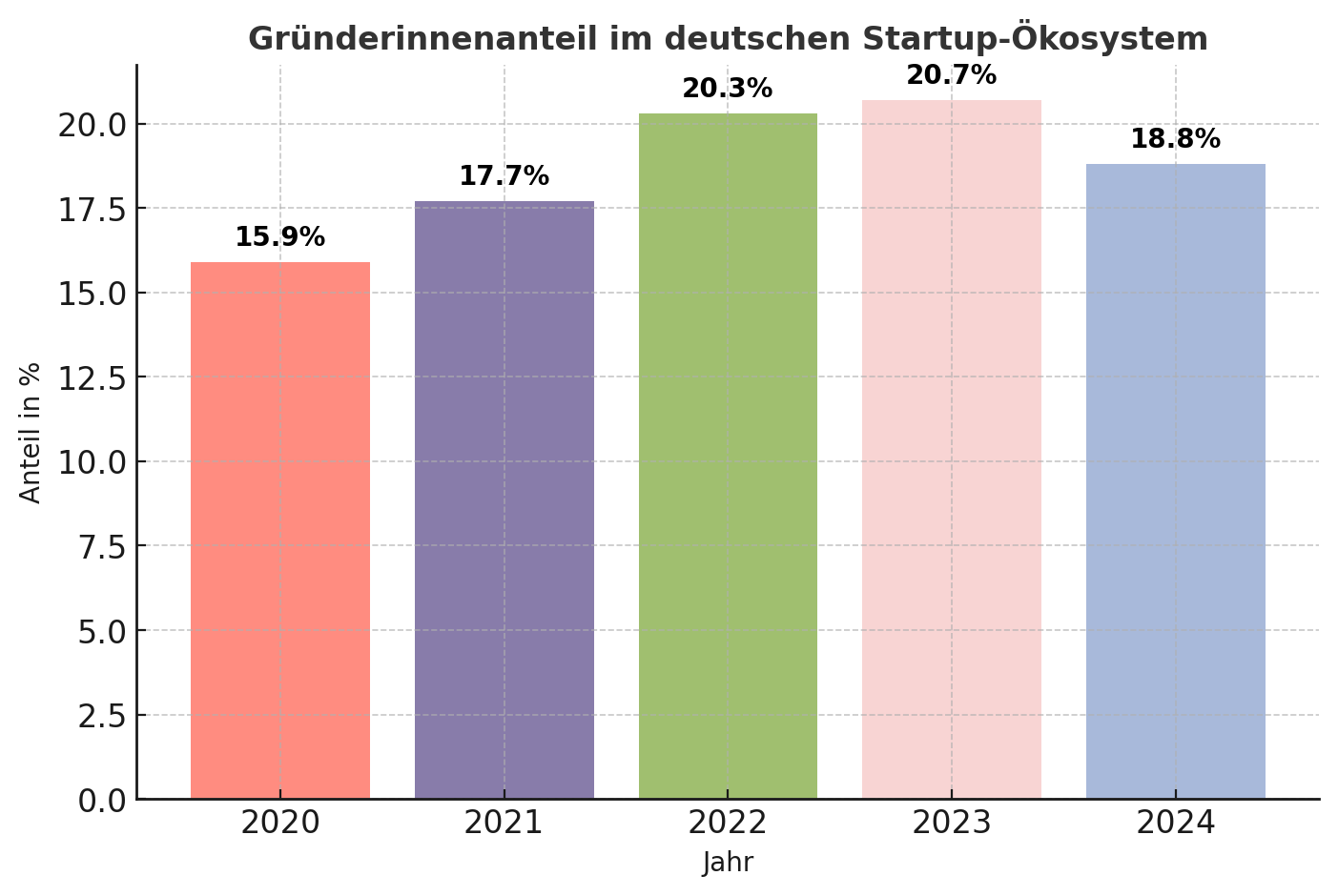Is the draft Fund Location Act a "pipe burst"?
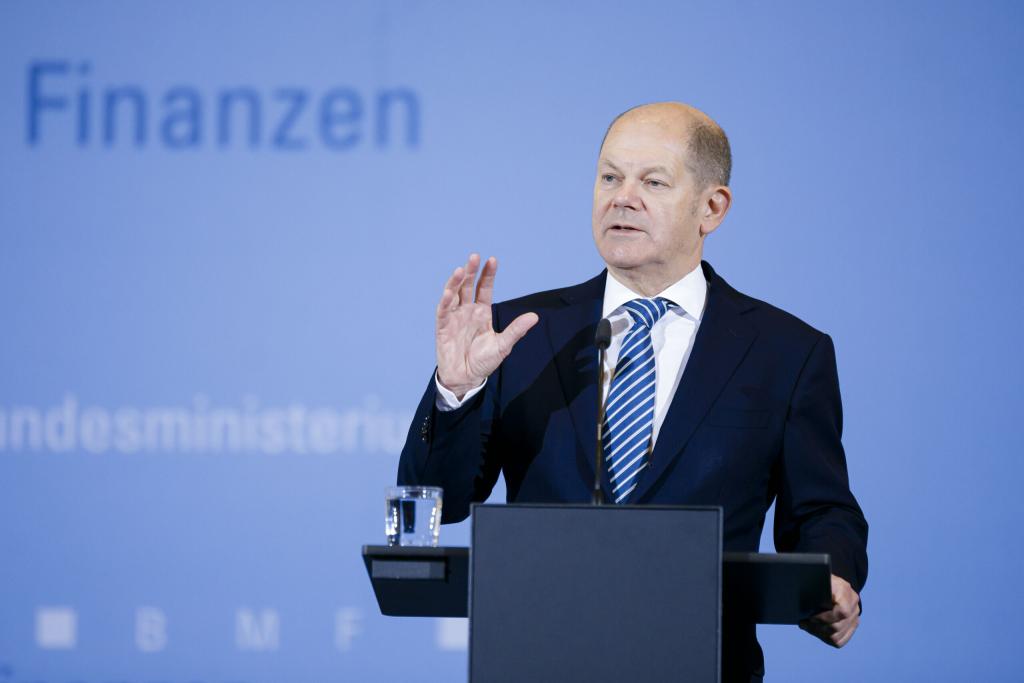
The Fund Location Act is intended to make working for start-ups in Germany much more attractive. However, the German start-up scene considers the current draft to be unsuitable. An overview of the controversial points.
The conflict over the German government's draft Fund Location Act has been simmering for weeks. Among other things, the government wants to use the law to make jobs at start-ups more attractive by promoting employee participation more strongly. The aim is to make start-ups more attractive as employers for skilled workers in an international comparison. In countries such as the USA, for example, employees often receive such shares to compensate for their low wages, whereas in Germany they have been a rarity to date, partly due to complex tax regulations.
Christian Miele, President of the Federal Association of German Start-ups, has already called the draft published on January 20 a "pipe burst" on Twitter. This would only cause everyone to lose a lot of time and would not help start-ups. CDU Secretary General Paul Ziemiak spoke to the Handelsblatt of a "manifesto of discouragement". However, in response to a small question from the FDP on one of the controversial points , the Ministry of Finance under Olaf Scholz, which is in charge, was initially unresponsive, giving little hope for major changes.
The start-up association had already made six suggestions for improvement in December. According to Christian Miele, the Ministry of Finance ignored them all. However, the association is not giving up, has now limited itself to three points and organized a virtual panel discussion on the Fund Location Act on Wednesday evening together with the German Employee Participation Association (AGP) and the Umbrella Association of Executives (ULA). Finance politicians Fritz Güntzler for the CDU, Wiebke Esdar for the SPD and Katja Hessel for the FDP, all of whom sit on the Bundestag's Finance Committee, also took part. Neither committee chairwoman Katja Hessel nor Fritz Güntzler wanted to speak of a pipe-dream. They called the draft a "placebo". Hessel said that it was certainly not the big hit that had been announced, and even SPD politician Wiebke Esdar, who joined the committee later, still sees room for improvement in the current draft bill, which her party colleague Olaf Scholz is in charge of.
Amount of the tax-free allowance too low
Among other things, the draft Fund Location Act provides for the tax-free allowance for the acquisition of discounted employee shareholdings to be increased from 360 euros to 720 euros. Far too little, according to start-up representatives. Although it has since been announced that the limit is to be raised to 1,440 euros, this is still low by international standards. In Austria, for example, there is funding of up to 4,500 euros per year, in the UK up to 3,500 euros and in Spain even up to 12,000 euros. Katja Hessel from the FDP would have liked 5,000 euros for Germany. CDU politician Güntzler did not want to switch to a bazaar where everyone outbids each other with a higher sum, but a CDU/CSU working group had proposed 3,500 euros. Only Wiebke Esdar from the SPD was more cautious and said that the effects on the budget had to be kept in mind if tax allowances were too high.
The planned deferral regulation falls short
According to the current draft, employees should only have to pay tax on their shareholdings after ten years. This applies, for example, to the acquisition of shares in a limited company or shares in a public limited company. CDU politician Güntzler believes that this period is too short. He would have preferred 15 years. Because if taxation were always due after ten years, there would be a risk of "dry income" in his eyes. This is always the case when an employee does not receive money from the employer, but a non-cash benefit such as a share in the company and the employee has to pay tax on this too early - in other words, the employee does not yet have the real money to pay the tax. This effect can mean that both founders and their employees prefer to steer clear of employee share ownership.
If a start-up employee leaves their employer, the German government wants to tax them immediately according to the current draft. The ten-year deferral does not apply in this case. "I have a lot of sympathy for removing this," said CDU politician Güntzler in the panel discussion, but sees little chance of this happening: "Because taxation is currently based on wage tax and this is difficult to record when an employee changes employer. According to some start-up representatives, taxes should only become due when an employee has actually made a profit from their investments, i.e. when they sell them.
Some start-ups are at risk of falling through the cracks
According to the current government draft, the relief will only apply to start-ups that are less than ten years old. The Federal Ministry of Finance recently confirmed this once again in response to a small question from the FDP. "The federal government assumes that the start-up and growth phase is usually completed after ten years," the letter, which was sent to, among others start-up scene among others. After this time, the companies themselves are in a position to compete internationally for talent.
To make matters worse, the draft law is based on the European definition of small and medium-sized enterprises (SMEs). A start-up with more than 250 employees or a balance sheet total of more than 43 million euros would therefore no longer benefit from the regulations.
The good news for the start-up community: at least the three members of the Bundestag present at the panel discussion seemed to agree that the draft law still needs to be improved. In the end, SPD politician Wiebke Esdar was optimistic that the law could still be passed in this legislative period. It will be a law "that achieves the effect in practice that we as legislators intend," she said. And the intention is clearly to make a big leap forward in terms of employee participation. "Germany should become a noticeably better location for employee participation."

Newsletter
Startups, stories and stats from the German startup ecosystem straight to your inbox. Subscribe with 2 clicks. Noice.
LinkedIn ConnectFYI: English edition available
Hello my friend, have you been stranded on the German edition of Startbase? At least your browser tells us, that you do not speak German - so maybe you would like to switch to the English edition instead?
FYI: Deutsche Edition verfügbar
Hallo mein Freund, du befindest dich auf der Englischen Edition der Startbase und laut deinem Browser sprichst du eigentlich auch Deutsch. Magst du die Sprache wechseln?


